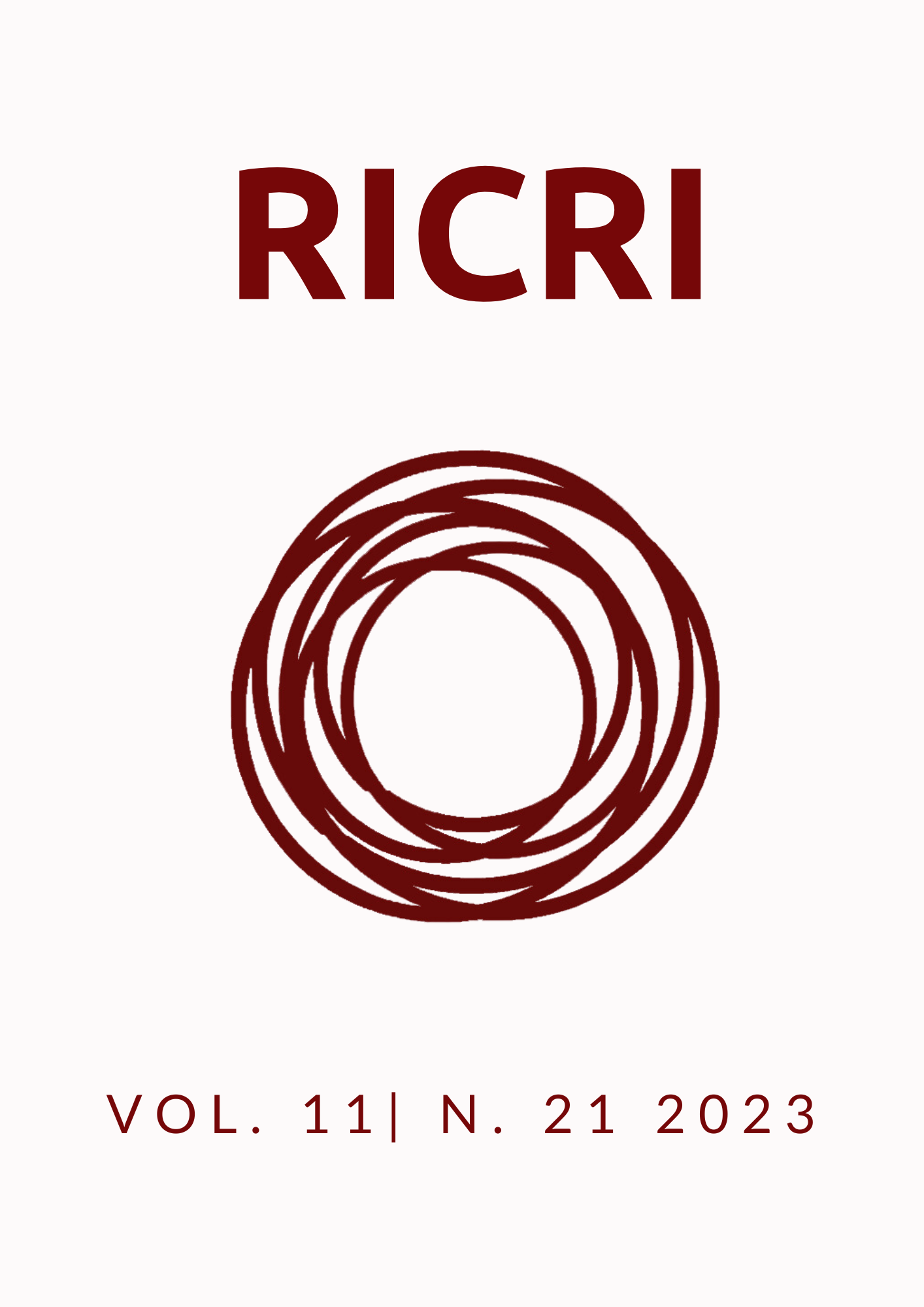A radicalização de comunidades online a partir de ideologias de ultradireita
A manosfera e a cultura incel
DOI:
https://doi.org/10.22478/ufpb.2318-9452.2023v11n21.66937Abstract
The article focuses on the process of online community radicalization influenced by far-right ideologies, taking the manosphere and incel culture as a case study. For the development of the research, it was crucial to understand the origins, ideological foundations, and radical influences that affect online communities and eventually lead to radicalization processes under the influence of racist, misogynistic, xenophobic, and authoritarian ideals. In this sense, the article identifies that online communities, especially in the form of chans, have become a safe space for the proliferation of far-right ideas, as they offer security and anonymity to participants. The manosphere and incel culture are part of this context, representing organized groups on digital platforms under the guidance of far-right ideologies. However, there is a contemporary trend of normalizing these ideas, which expands their influence and results in radical actions in the real world, corresponding to an impactful research agenda with potential for exploration.
Downloads
Published
How to Cite
Issue
Section
License
Copyright (c) 2023 Journal of Scientific Initiation on International Relations

This work is licensed under a Creative Commons Attribution-NonCommercial 4.0 International License.
Authors who publish with this journal agree to the following terms:
a. Authors retain copyright and grant the journal right of first publication with the work simultaneously licensed under a Creative Commons Attribution License that allows for sharing of work with acknowledgment of its initial publication in this journal.
b. Authors are able to take on additional contracts separately for non-exclusive distribution of the version of the work published in this journal (e.g., post it to an institutional repository or as a book), with an acknowledgment of its initial publication in this journal.
c. Authors are permitted and encouraged to post their work online ( eg, in institutional repositories or on their website) at any point before or during the submission process, as it can lead to productive exchanges , as well as increase the impact and citation of published work ( See the Effect of Open Access).




